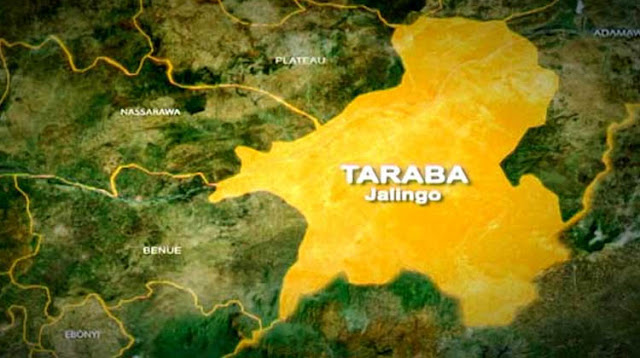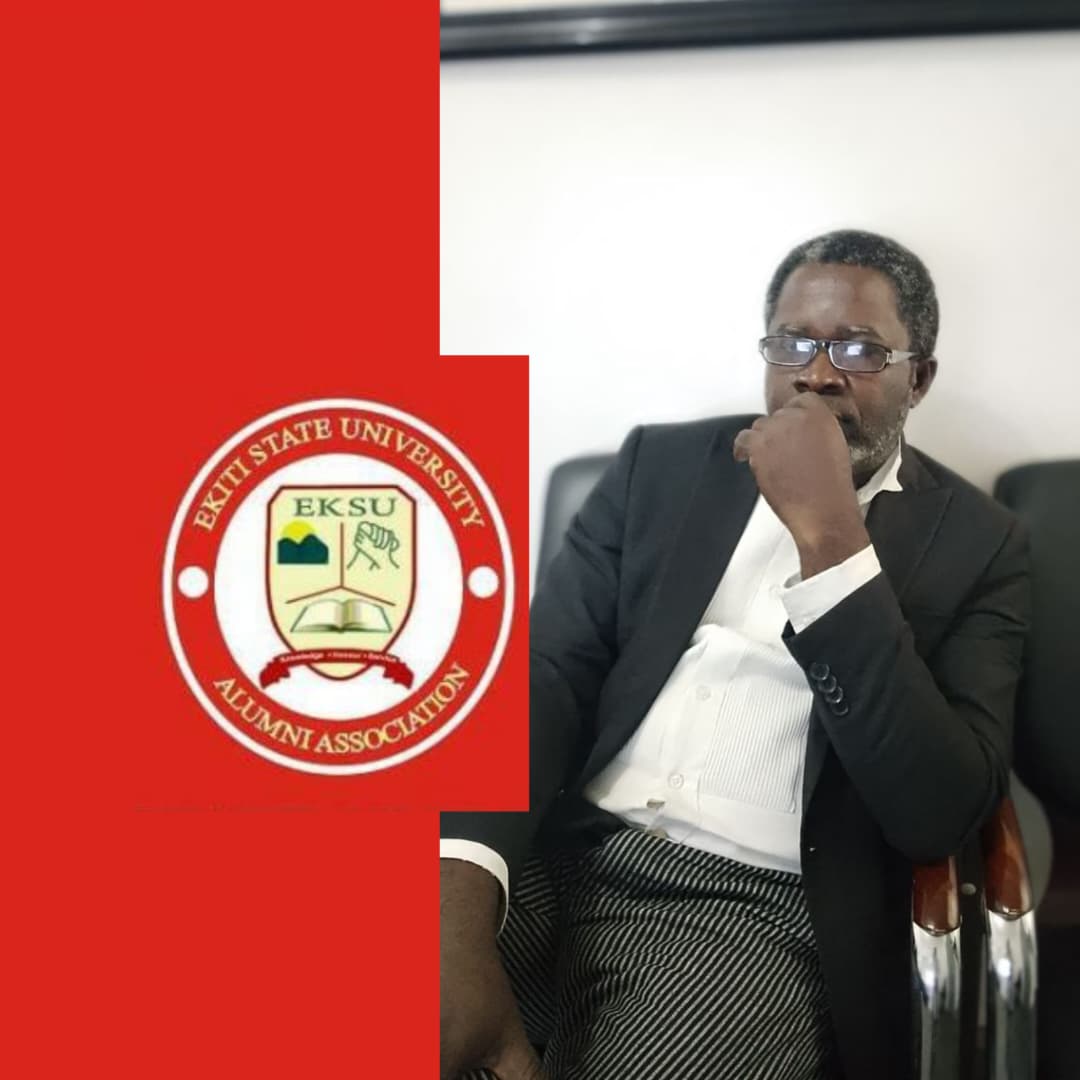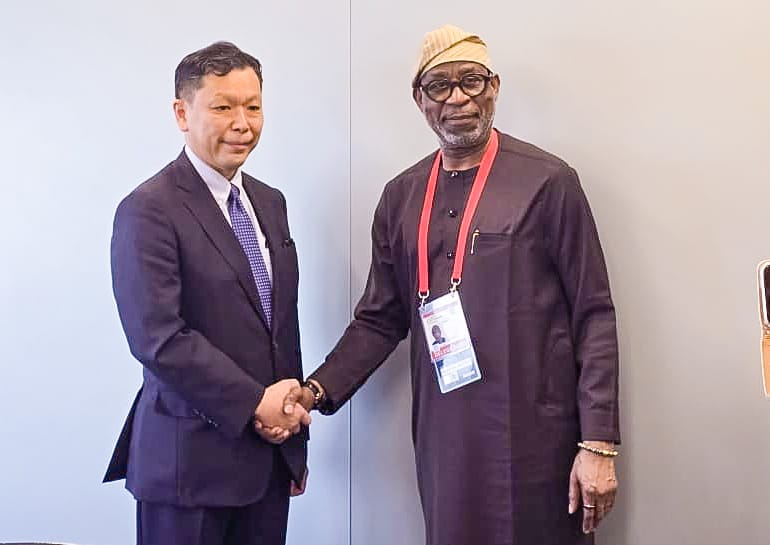In a sweeping move aimed at reinforcing moral and religious standards, the Muslim Council of Taraba State has announced a comprehensive ban on all forms of wedding parties within the state capital, Jalingo. The decision, which has sparked significant discussion among residents, was reached following extensive consultations with Islamic clerics, traditional rulers, and local authorities. The ban was formally communicated to the public during sermons delivered at all Jummat mosques across the city on Friday, marking a significant shift in how wedding celebrations will be conducted in Jalingo.
The council’s directive specifically targets popular social gatherings known as “Kauyawa” and “Ajo” parties, which are characterized by large crowds of youths, often dressed in unconventional or tattered clothing, engaging in late-night dancing and festivities. These events, according to the Muslim Council, are seen as contrary to Islamic values and have prompted concerns about moral decay and public order. The ban reflects the council’s broader objective of promoting discipline, modesty, and adherence to religious principles within the Muslim community in Jalingo.
Details of the Ban and Its Rationale
The announcement was delivered by Imam Tajudeen Nuhu, the Chief Imam of Mayo Gwoi Jummat Mosque, who spoke on behalf of the Muslim Council during Friday’s Jummat prayers. In his sermon, Imam Nuhu declared, “Henceforth, it is forbidden for any household to hold ‘Kauyawa,’ parties, ‘Ajo,’ or any form of celebration during weddings here in Jalingo.” This directive effectively prohibits all celebratory gatherings associated with weddings, signaling a significant departure from longstanding cultural practices in the region.
The Muslim Council’s decision is rooted in its concern over the nature of these wedding parties, particularly the “Kauyawa” and “Ajo” gatherings. These events, often held in villages and urban neighborhoods alike, are known for attracting large groups of young people who engage in dancing, music, and socializing late into the night. The council has expressed unease about the attire and behavior of participants, describing the gatherings as promoting immodesty and potentially leading to activities that contravene Islamic teachings. The reference to “tattered clothing” suggests a particular disapproval of outfits deemed inappropriate or disrespectful within the context of Islamic values.
The council’s consultations with Islamic clerics, traditional rulers, and local authorities underscore the collaborative nature of the decision-making process. These stakeholders, representing a cross-section of religious, cultural, and administrative leadership in Taraba State, agreed that such gatherings undermine the moral fabric of the community. By aligning the ban with Islamic principles, the council aims to foster a culture of discipline and respect, particularly among the youth, who are seen as the primary participants in these events.
Severe Sanctions for Non-Compliance
To ensure compliance with the new directive, the Muslim Council has outlined stringent sanctions for households and individuals who violate the ban. The penalties are designed to deter defiance and reinforce the council’s authority in regulating community practices. According to Imam Nuhu, households that flout the ban will face significant consequences, including the refusal of imams to conduct their Nikah, the Islamic marriage contract that formalizes a union. This measure effectively prevents couples from completing their marriage ceremonies under Islamic law, a serious consequence in a predominantly Muslim community where the Nikah holds deep religious and social significance.
In addition to the refusal to conduct Nikah ceremonies, defaulters will also be barred from having funeral prayers, naming ceremonies, or wedding lectures held in their homes. These ceremonies are integral to the religious and cultural life of Muslims in Jalingo, and their exclusion serves as a powerful deterrent. “Defaulters face stiff sanctions: no imam will conduct their Nikah (marriage contract). Worse still, funeral prayers, naming ceremonies, or wedding lectures will not be held in their homes,” Imam Nuhu emphasized during his sermon.
The council has also extended its disciplinary measures to clerics, warning that any imam or religious leader found attending or endorsing the banned events will face severe consequences, including the potential loss of their positions. This measure underscores the council’s determination to enforce the ban uniformly across all levels of the community, from ordinary residents to religious authorities. By holding clerics accountable, the council aims to ensure that those in positions of spiritual leadership set an example of compliance and uphold the values the ban seeks to promote.
Promoting Discipline and Islamic Values
The Muslim Council has framed the ban as a necessary step to promote discipline, morality, and respect for Islamic values within Jalingo’s Muslim community. The council argues that wedding parties, particularly those involving large gatherings and late-night activities, have become increasingly associated with behaviors that deviate from Islamic teachings, such as immodest dress, excessive revelry, and mixed-gender interactions that may contravene religious norms. By prohibiting these events, the council seeks to realign wedding celebrations with the principles of modesty, piety, and communal harmony.
The emphasis on Islamic values reflects the broader cultural and religious context of Taraba State, where Islam plays a central role in shaping community norms and practices. Jalingo, as the state capital, is home to a diverse population, but the Muslim community forms a significant portion of its residents. The council’s decision is seen as an effort to strengthen the religious identity of the community while addressing perceived moral challenges posed by modern social practices.
The ban also aligns with broader efforts by religious and cultural leaders in Nigeria to regulate social behaviors in response to changing societal dynamics. In many parts of the country, traditional and religious authorities have sought to curb practices deemed incompatible with local values, particularly in the context of youth culture and urbanization. The Muslim Council’s move in Jalingo can be seen as part of this trend, reflecting a desire to preserve cultural and religious heritage in the face of external influences.
Community and Societal Implications
The ban on wedding parties is likely to have far-reaching implications for the social and cultural life of Jalingo’s residents. Weddings in Nigeria, particularly in northern states like Taraba, are significant communal events that bring together families, friends, and neighbors. They often serve as opportunities for social bonding, cultural expression, and the reinforcement of community ties. The prohibition of celebratory gatherings such as “Kauyawa” and “Ajo” parties may alter these traditions, potentially leading to more subdued or private wedding ceremonies.
For many residents, particularly young people, the ban may be seen as restrictive, as these gatherings are a popular form of entertainment and social interaction. The council’s description of participants wearing “tattered clothing” and dancing late into the night suggests a generational divide, with older religious and traditional leaders viewing these activities as inappropriate, while younger residents may see them as harmless expressions of joy and creativity. This tension highlights the challenges of balancing tradition with modernity in a rapidly changing society.
The sanctions outlined by the council, particularly the refusal to conduct Nikah ceremonies, could also have significant social consequences. The Nikah is a fundamental rite in Islamic marriage, and its denial could create stigma and hardship for families who wish to celebrate their weddings in ways that are now prohibited. The exclusion from other religious ceremonies, such as funeral prayers and naming ceremonies, further amplifies the social cost of non-compliance, potentially leading to ostracism within the community.
Broader Context: Religion, Culture, and Social Regulation
The Muslim Council’s decision must be understood within the broader context of religious and cultural regulation in Nigeria. The country is home to a diverse population, with Islam and Christianity serving as the dominant religions. In northern Nigeria, where Islam is predominant, religious authorities often play a significant role in shaping community norms and practices. The establishment of Sharia law in several northern states, including parts of Taraba, has further strengthened the influence of Islamic institutions in regulating social behavior.
The ban on wedding parties in Jalingo is not an isolated incident but part of a broader pattern of efforts by religious and traditional leaders to address perceived moral challenges. In recent years, similar measures have been introduced in other northern states, such as restrictions on music, dancing, or mixed-gender gatherings. These initiatives often reflect concerns about the influence of Western culture, urbanization, and modern media on traditional values.
However, such measures can also spark debate and resistance, particularly among younger generations who may feel that their freedoms are being curtailed. The Muslim Council’s ban may face pushback from residents who view “Kauyawa” and “Ajo” parties as integral to their cultural heritage, even if they are not explicitly mandated by Islamic teachings. The council will need to navigate these tensions carefully to maintain community cohesion while enforcing its directive.
Reactions and Challenges
The announcement of the ban has elicited a range of reactions from residents, religious leaders, and community stakeholders in Jalingo. Some community members have expressed support for the council’s decision, arguing that it will help curb behaviors that undermine Islamic values and promote a more disciplined society. Religious leaders, in particular, have welcomed the ban, seeing it as a necessary step to reinforce the moral authority of the Muslim community.
However, others have raised concerns about the practicality and fairness of the ban. For many families, wedding celebrations are a cherished tradition, and the prohibition of parties may be seen as an overreach by the council. Small-scale traders and vendors who rely on wedding events for their livelihoods, such as caterers, musicians, and decorators, may also face economic challenges as a result of the ban. These groups may advocate for a reconsideration of the directive or seek alternative ways to celebrate weddings that align with the council’s guidelines.
The enforcement of the ban also poses logistical challenges. Monitoring compliance across Jalingo’s neighborhoods will require significant coordination between the Muslim Council, local clerics, and community leaders. The threat of sanctions, while intended to deter violations, may also strain relationships between religious authorities and residents, particularly if enforcement is perceived as heavy-handed.
Looking Ahead: Balancing Tradition and Compliance
As the Muslim Council of Taraba State moves forward with implementing the ban, it will need to address these challenges while fostering dialogue with the community. The council has urged strict compliance with the new regulations, emphasizing that they are in place to protect the moral and spiritual well-being of Jalingo’s residents. However, ensuring widespread acceptance of the ban will require ongoing engagement with community members, particularly young people who may feel alienated by the restrictions.
One potential approach could involve offering alternative ways to celebrate weddings that align with Islamic values, such as community-based events that emphasize modesty and religious observance. The council could also work with local leaders to provide education and outreach programs that explain the rationale behind the ban and address concerns about its impact on cultural practices.
The ban also raises broader questions about the role of religious institutions in regulating social behavior in a diverse and dynamic society. As Nigeria continues to navigate the interplay between tradition, religion, and modernity, decisions like the one made by the Muslim Council will shape the social and cultural landscape of communities like Jalingo.
In conclusion, the Muslim Council of Taraba State’s ban on wedding parties in Jalingo represents a bold effort to promote discipline and Islamic values within the community. By targeting gatherings such as “Kauyawa” and “Ajo” parties, the council seeks to address concerns about moral decay and immodest behavior. However, the stringent sanctions and potential social and economic impacts of the ban highlight the complexities of implementing such measures in a diverse community. As Jalingo’s residents adjust to this new directive, the council’s ability to balance enforcement with community engagement will be critical to its success.






